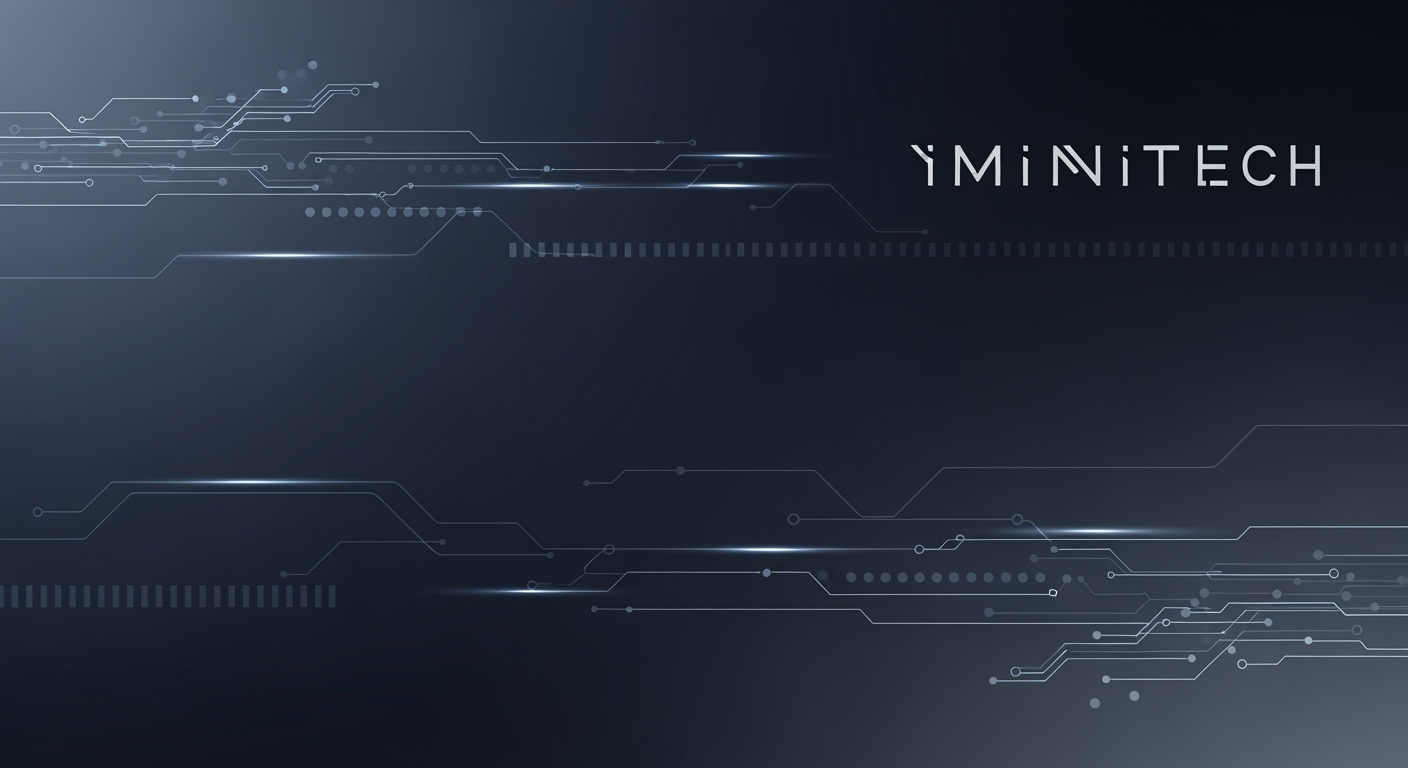Windsurf’s Tumultuous Path: Inside the Cognition Acquisition

Windsurf’s Tumultuous Path: Inside the Cognition Acquisition
Windsurf, the AI coding startup, recently found itself at the center of dramatic industry shifts, culminating in its acquisition by Cognition. The journey, however, was anything but smooth for the company and its employees.
The Collapse of the OpenAI Deal
Earlier, Windsurf was reportedly in talks with OpenAI over a potential acquisition. However, the deal fell through, and Google DeepMind stepped in, hiring CEO Varun Mohan, co-founder Douglas Chen, and several top researchers. As part of this $2.4 billion arrangement, Google would license Windsurf’s technology but not take an equity stake. This move echoed the growing trend of so-called "reverse acquihires," where tech giants sidestep antitrust issues by hiring core teams and licensing tech, rather than acquiring entire startups outright.
Morale Hits a Low Point
Jeff Wang, formerly Windsurf’s head of business and now interim CEO, took to X (formerly Twitter) to candidly recount the internal challenges. When the Google deal was disclosed to the team—most of whom expected news of an OpenAI acquisition—the reaction was intense. “The mood was very bleak,” Wang admitted. Some employees were distressed over financial outcomes and the departure of colleagues, while others worried about what the future held. There were tears, and the Q&A session was described as “understandably hostile.”
Windsurf’s Uncertain Future
Despite the setback, Wang highlighted that the company retained its intellectual property, products, and a talented team, especially in go-to-market functions. He saw potential for Windsurf to raise more funds, seek another buyer, or continue operating independently. That evening, Cognition’s leadership reached out, and serious negotiations began immediately.
The Cognition Deal Comes Together
Over a hectic weekend, Windsurf’s leadership weighed offers from other potential acquirers and reassured remaining engineers. Wang noted that Cognition and Windsurf were complementary: Cognition boasted a top-tier engineering team but had “underinvested in GTM and Marketing,” areas where Windsurf excelled. Conversely, Windsurf now lacked a core engineering team after the departures, making the match a strategic fit.
Wang and Cognition’s CEO Scott Wu agreed on the importance of supporting all Windsurf employees. The resulting deal included accelerated vesting and payouts for all staff, a move designed to ensure fairness and stability during the transition.
A Rapid Resolution
The acquisition was finalized early Monday morning, announced internally during an all-hands meeting, and then shared publicly. Reflecting on the experience, Wang described the Friday all-hands as “probably the worst day of 250 people’s lives,” but noted that the news of the acquisition brought relief and optimism, making Monday “probably the best day.”
Lessons for AI Startups
Windsurf’s experience highlights the volatility of the current AI landscape, where strategic hires and licensing deals can upend entire companies overnight. Startups must be prepared for rapid change—and ensure their teams are supported through uncertainty.





